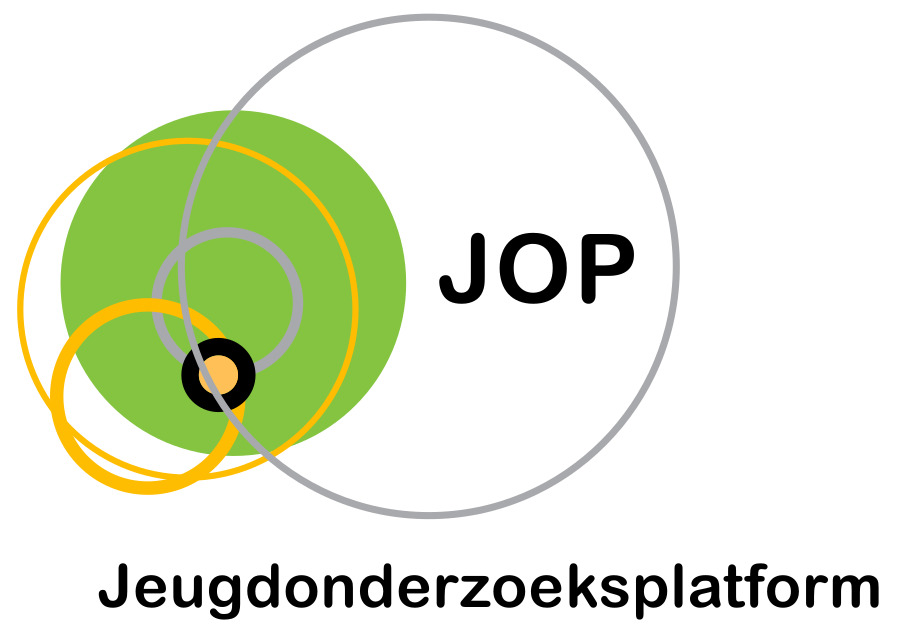STEM-aspiraties en studiekeuze in het secundair onderwijs in Vlaanderen: de intersectie van gender en etniciteit.
Auteurs
Van Praag, L., Mickelson, R. A., Stevens, P. A., & Van Houtte, M. (2021).

Abstract
Dit artikel exploreert waarom de studiekeuzes van sommige Vlaamse secundaire scholieren
inhoudelijk niet in overeenstemming zijn met hun loopbaanaspiraties en tot op zekere hoogte genderen etnische patronen volgen. We maken gebruik van 83 semigestructureerde interviews, afgenomen
bij leerlingen in academische en technische onderwijsvormen in drie Vlaamse secundaire scholen. In
vergelijking met vrouwelijke leerlingen schrijven mannelijke leerlingen zich vaker in voor
studierichtingen met een lagere status waarvan de leerinhoud hen voorbereidt op een STEM-loopbaan
(Science, Technology, Engineering, Mathematics). Vrouwelijke leerlingen uit etnische
meerderheidsgroepen lijken hun studiekeuze beter af te stemmen op hun aspiraties, of andersom.
Vooral wanneer zij van onderwijsvorm of studierichting veranderen, zijn vrouwelijke leerlingen uit
etnische meerderheidsgroepen echter meer geneigd hun aspiraties aan de seksenormen aan te
passen. Hoewel vrouwelijke leerlingen uit etnische minderheidsgroepen vaker dan vrouwelijke
leerlingen uit etnische meerderheidsgroepen STEM-aspiraties hebben, lijken hun doelen niet altijd
overeen te komen met de studiekeuzes die zij hebben gemaakt. Daarnaast zijn de ervaren discriminatie
en de familiale aspiraties van invloed op zowel de studiekeuze als de aspiraties van leerlingen uit
etnische minderheden. Genderspecifieke studieadviezen en keuzes, waarbij mannelijke leerlingen in
STEM-loopbanen worden bevoordeeld, maken vooral dat vrouwelijke leerlingen studiekeuzes maken
die qua leerplan niet altijd in overeenstemming zijn met hun aspiraties.
This article explores why some Flemish secondary school students’ study choices are content-wise not
in line with their career aspirations and, to some extent, follow gender and ethnic patterns. We use 83
semi-structured interviews, conducted with students in academic and technical tracks in three Flemish
secondary schools. Compared to female pupils, male pupils are more likely to enrol in lower status
tracks whose curricular substance prepares them for a STEM career (Science, Technology, Engineering,
Mathematics). Ethnic majority female pupils seem to adjust their study choices better to their
aspirations, or the other way round. However, especially when changing track or field of study, ethnic
majority female pupils are more likely to adapt their aspirations consistent with gender norms. While
ethnic minority female pupils are more likely than ethnic majority female pupils to have STEM
aspirations, their goals do not always seem to correspond with the study choices they have made.
Additionally, perceived discrimination and family aspirations further impact both study choices and
aspirations of ethnic minority pupils. Gendered study recommendations and choices, favouring male
www.jeugdonderzoeksplatform.be 2
pupils in STEM careers, especially make that female pupils make study choices that are in terms of
curriculum not always in line with their aspirations.
Referentie
Van Praag, L., Mickelson, R. A., Stevens, P. A., & Van Houtte, M. (2021).
STEM-aspiraties en studiekeuze in het secundair onderwijs in Vlaanderen:
de intersectie van gender en etniciteit. Tijdschrift Sociologie, 2, 117-140.
Taal
Nederlands
Publicatievorm
Tijdschriftartikel
ISBN – DOI
https://doi.org/10.38139/TS.2021.09
Trefwoord(en)
Gender, etniciteit, secundair onderwijs, etnische ongelijkheid, STEM
